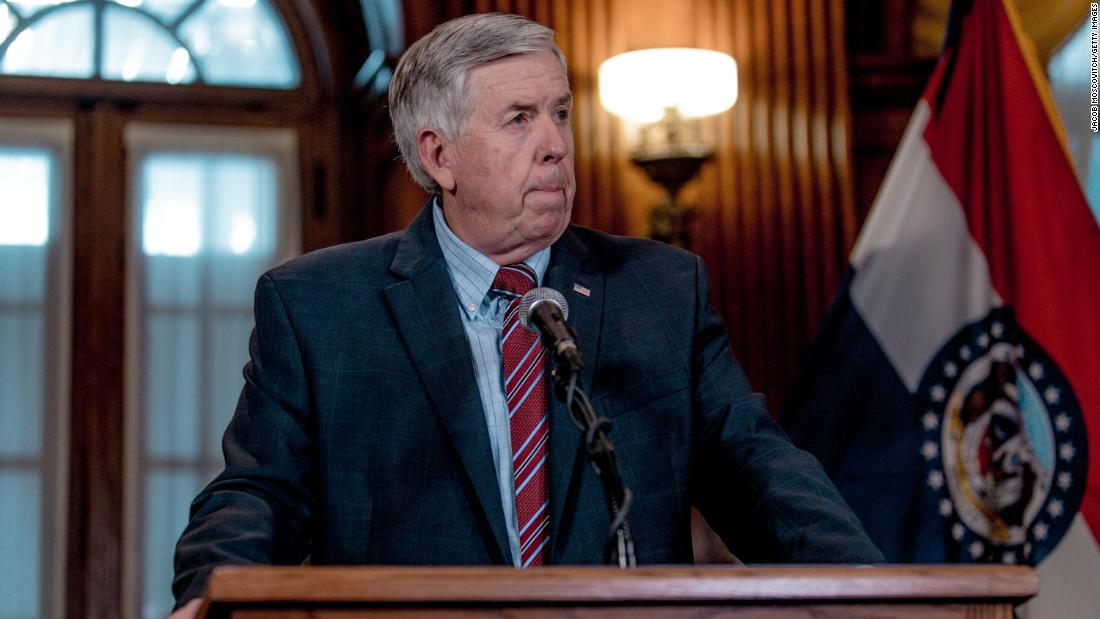About 275,000 low-income adults in the state are now eligible for coverage. MO HealthNet, the state’s Medicaid program, has already received more than 17,000 applications since the registration process began in August.
Missouri had to expand Medicaid after voters approved it in August 2020 by a vote of 53% to 47% – becoming the sixth state to accept the Affordable Care Act provision at the ballot box.
It was due to go into effect on July 1, but was cut short by Parson, who said in May that the state could not proceed because lawmakers had not allocated funding.
A legal battle ensued, with plaintiffs arguing that the state’s Medicaid program was funded by the General Assembly and that lawmakers do not need to set aside specific funds for those enrolled in it. expansion.
A lower court ruled that the 2020 ballot measure approving the expansion violated state law, but that ruling was overturned in July by the state’s Supreme Court, which said in a unanimous decision that the initiative for the ballot was constitutional.
Additional federal funding
Missouri is also eligible to receive about $ 968 million in additional federal Medicaid funding over the next two years, as part of a US bailout measure to encourage reluctant states to expand their programs.
Oklahoma is also eligible for a federal infusion after Medicaid extension coverage begins on July 1. Voters narrowly approved the 2020 voting initiative.
However, the remaining 12 states that have yet to expand Medicaid have not announced any plans to accept its offer by Congress. All have Republican governors or GOP-controlled legislatures.
More than 2 million uninsured adults fall into the “coverage gap,” which means their incomes are too high for them to qualify for Medicaid in their states, but too low for them to be eligible for benefits. grants to help with the Affordable Care Act premiums. Grants are only open to those earning more than 100% of the poverty level in non-expanding states.
Democrats in Congress are seeking to enact a federal Medicaid expansion program to cover low-income residents in recalcitrant states as part of their $ 3.5 trillion budget reconciliation program. However, the provision may not survive the cuts lawmakers would have to make to garner enough votes for its passage.
